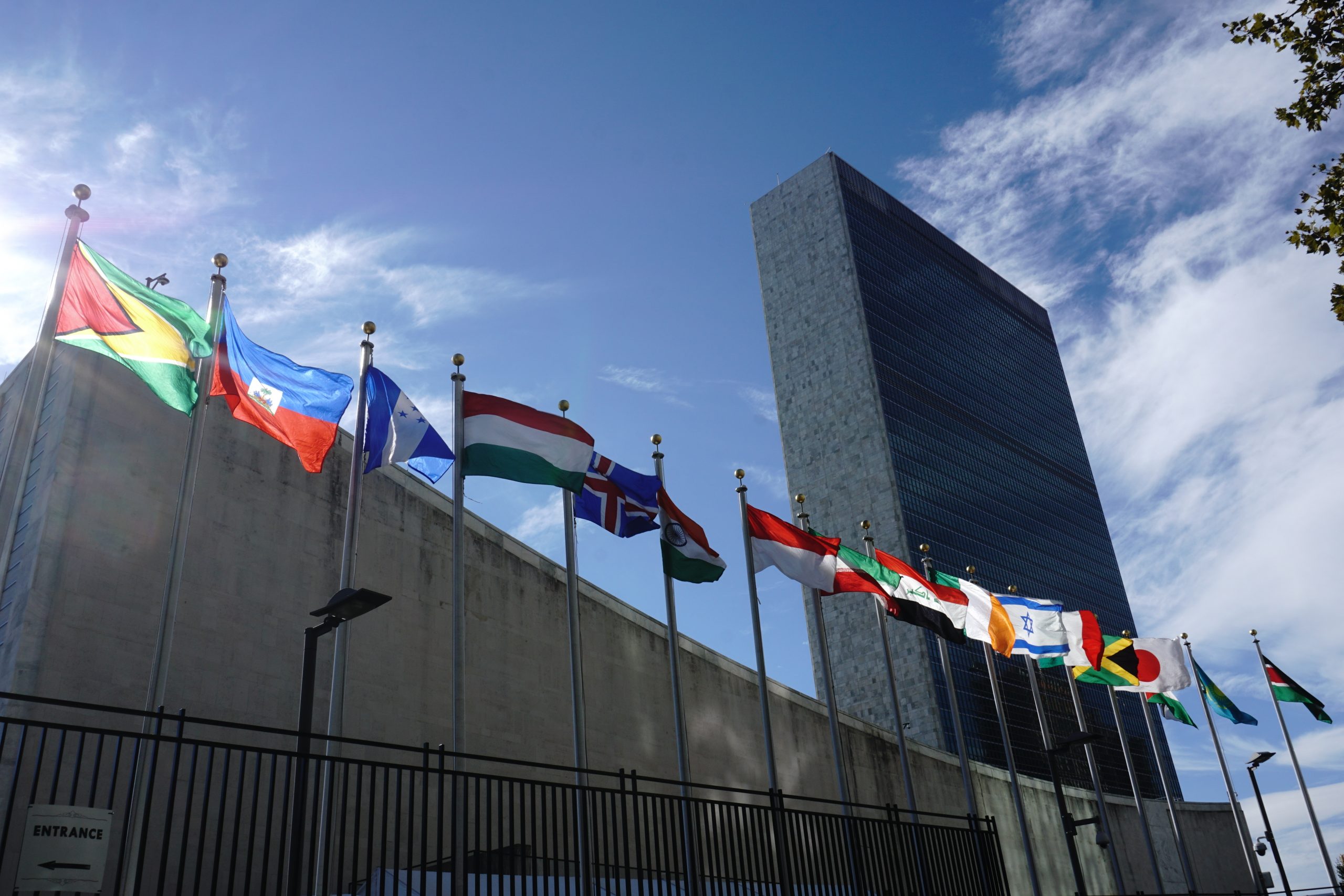The United Nations Human Rights Committee pressed Greece regarding its handling of gender-based violence and allegations of pushbacks of people along its borders.
In a regular review of Greece’s adherence to the International Covenant on Civil and Political Rights, the Human Rights Committee praised steps taken to protect unaccompanied minors, but followed with sharp questions on issues like domestic violence and treatment of migrants. While Greece was commended for establishing the Special Secretariat for the Protection of Unaccompanied Minors, launching an Emergency Response Mechanism, and enacting a guardianship law for unaccompanied minors, the Committee sought answers on several concerning gaps regarding the protections for other groups.
Questions on gender-based violence were particularly pressing. The Committee asked if Greece had a coordinated strategy to prevent and respond to such gender-based violence, especially among its judiciary and law enforcement. Experts flagged Greek law 4800/2021, which allows domestic violence offenders to retain child custody until a conviction is reached, and asked why femicide still isn’t recognized as a distinct crime in the penal code.
In response, the Greek delegation highlighted various support measures, including a hotline, a public awareness campaign on Athens metro platforms, and a mobile app with a “panic button” for people to call for emergency police assistance. However, details were scant on provisions within the legal system to restrict parental rights for abusers.
On the topic of pushbacks, the Committee’s questions grew more pointed, citing hundreds of reports of illegal pushbacks of migrants—allegedly involving violence, unlawful detention, and theft of personal belongings. The committee received reports that between January 2020 and June 2024, there were 1,452 incidences of pushbacks along the borders impacting nearly 47,000 people. The United Nations committee asked Greece to initiate and support independent investigations into these incidents, and to take measures to “ensure that border control operations prioritized the protection of life.
Greece, however, categorically denied the reports, asserting that “Actions taken by Hellenic authorities at the sea borders were carried out in full compliance with international obligations. Allegations of so-called pushbacks were not compatible with the well-established operations of the Hellenic authorities.” They stated that allegations of pushbacks were always investigated by the Greek government, and that the Coast Guard had rescued thousands of people.
Other issues raised by the Human Rights Committee included the social exclusion of and police violence against Roma communities, the state of migrant reception and detention centers, the rights of conscientious objectors, and the protection of press freedoms.
Additionally, on Monday the UN Subcommittee on Prevention of Torture deemed that Greece “must take further action to protect people deprived of their liberty from torture and ill-treatment.” In a 12-day mission earlier this October, the subcommittee delegation visited prisons, psychiatric institutions, youth detention facilities, migration detention centers, and police stations. The subcommittee will later submit a report to the Greek state with its observations and recommendations.



